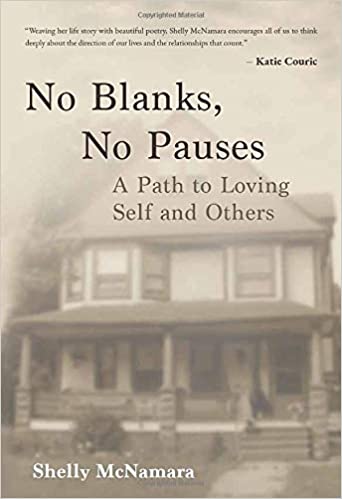Too many people live from a place of fear and ignorance. We inherit labels and lies that tell us that anyone different from us is somehow “less than.” We inherit biases from the world around us. Those biases create a distance that keeps us apart.
What is bias? Bias is a particular tendency, trend, inclination, feeling or opinion — especially one that is preconceived or unreasoned. Biases often lead us to believe that some people are better than others. These conscious and unconscious biases cause us to be drawn to people with similar backgrounds, cultures, religions, families, and life experiences to us. If we keep our interactions and relationships here, we stunt our growth as human beings.
As human beings, we all have biases and prejudice. We do, however, get to choose whether or not we remain hostage to these or free ourselves through choice— the choice to experience a broader range and diversity of humanity. Our biases don’t ever go away, but we can build self-awareness that enables us to “intervene in the automatic” when those biases take over our mind and actions. Personal growth is a choice.
What is prejudice? It’s a preconceived opinion that is not based on reason or actual experience. Like files stored in our brains, we have opinions stored about people and things that are not based on anything sound or experienced. We come to believe things about “them” and “those.” Most often, the harshest critique is thrust at those whom we know the least or not at all.
The key influencers of opinion have enormous responsibility. What they say and how they say it drives perception and opinion. This group includes parents, religious institutions, advertisers, media, and visible leaders. They have formed a powerful narrative in our heads that establishes bias and prejudice as a replacement for individual experiences. Too often, they have used their platforms to fuel falsehoods and fears surrounding specific groups of people. This fear and hatred are both unfounded and unwarranted and prompt people to behave and act in ways that are destructive.
The brain has developed a bio-evolutionary adaptation of “short cutting” —in this sense, it often uses stereotypes and broad identification as ways to quickly process data and stimuli to determine actions needed or called for by the situation. This is an important capability, particularly in threatening situations. That being said, we must acknowledge how this process can foster judgment and preconceptions.
I am not immune to bias and prejudice. Like every human being on the planet, I have both. The work I need to do is to build my own self-awareness, to notice when my vision is being blurred by filters of bias and prejudice that prevent me from listening and learning, from seeing and experiencing each human being as a unique person. I’m certain that my own assumptions and biases have kept me distant from some. I also know that my experience interacting with so many different people around the world has taught me to give every person I meet the space to be their unique self—without judgment. I do believe that when bias and prejudice go unchecked and unchallenged, we create a level of fear and judgment, a line of pain that we need to erase.
They Crossed the Line
They crossed the line
One by one
“If you have ever been made fun of for being . . .
Black—Overweight—Jewish—or Gay
Cross the line
If you have ever been called a ‘sissy’ or soft for
Crying—showing your feelings
Or showing you care
Cross the line
Cross the line of pain
The line we all created
The place we taught our children to go
And send others
To dump their feelings of fear and self-doubt
We created the world and line of bigotry
How can we erase it?



